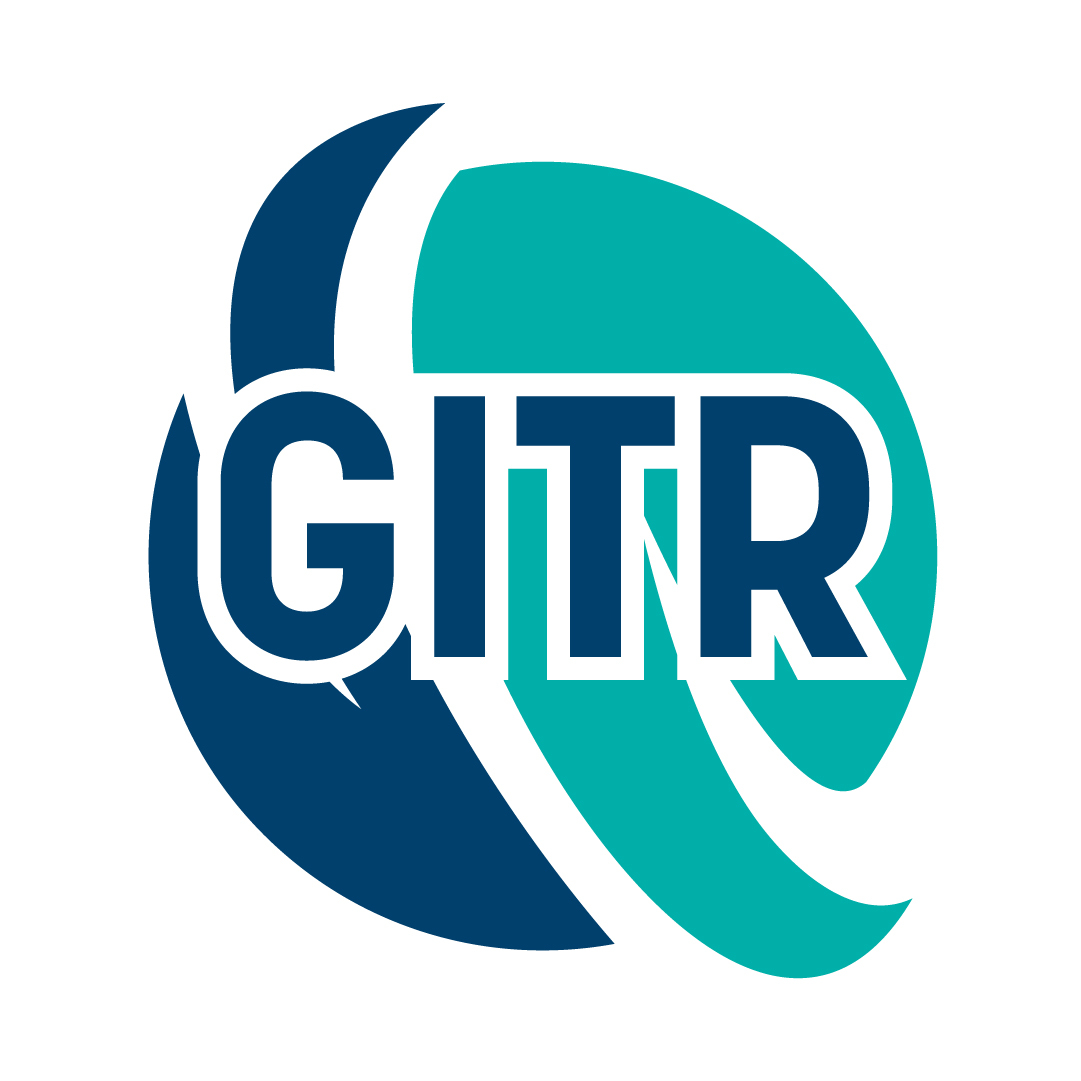
Are You Worried About Your Medicare Reimbursement Rates?
With the recent change in political power in Washington, D.C. many hospitals are becoming nervous about future Medicare and Medicaid reimbursement rates. At present, 17.6 million people have registered under the Medicare Advantage program. As a result of this, even small tweaks to Medicare coverage or funding are likely to have quite a profound effect to a hospital’s ability to function efficiently, generate a viable income, and remain profitable. Particularly vulnerable, are smaller to mid-size hospitals and those in rural areas, where the reliance on Medicare and Medicaid as an income stream can be acute. However, even large healthcare systems are feeling the chill of prospective cuts to this gigantic federal program.
Changes to the ACA (or Obamacare, as it came to be known) are somewhat inevitable. The real question lies in how much and when are these likely to take effect. With the first attempt at repealing the ACA by the Republican Party falling off the rails, more time and thought is going in to the second try. That does not necessarily bode well for the healthcare system as a whole, but the extra time may leave room for elderly voters to voice their concerns on abandoning a functioning safety net for those least equipped to deal with the absence of Medicare.
What can hospitals do about this potential fall in income?
One approach is to look at how efficient a hospitals’ medical coding and billing practices are functioning. According to the Center for Public Integrity, upwards of 46% of hospitals fail to bill correctly for Medicare and Medicaid services. In some cases, this is a deliberate overbilling policy and consequently illegal. However, in most cases hospitals are under billing for real services provided. This is especially apparent in States where they have also implemented ARP-DRG or MS-DRG on top of ICD-10. In the majority of those examined, hospitals were shorting themselves an average of 3-18%. In some cases, this figure turned out to be over 30%.
One possible solution is to look at the Advanced Medical Coding* (AMC) program offered by Global Healthcare IT, Inc. The program identifies inaccurate, new, or missed lines of enquiry in clinical documentation. By following a rigorous quality assurance system GHIT has been able to improve the majority of hospital Case Mix Indexes by 2%-15%. The program can function in concurrence with existing CDI efforts, or can act autonomously as a hospitals only CDI Medical Coding quality assurance method. The resultant effect of utilizing the AMC program typically improves Medicare payments by 3%-15%. In a period when Medicare payments are likely to be falling, why leave any money on the table? To find out more follow this link.
Article written by Michael Williams, CEO, Global Healthcare IT, Inc. You can contact Michael at mikew@globalhit.com


